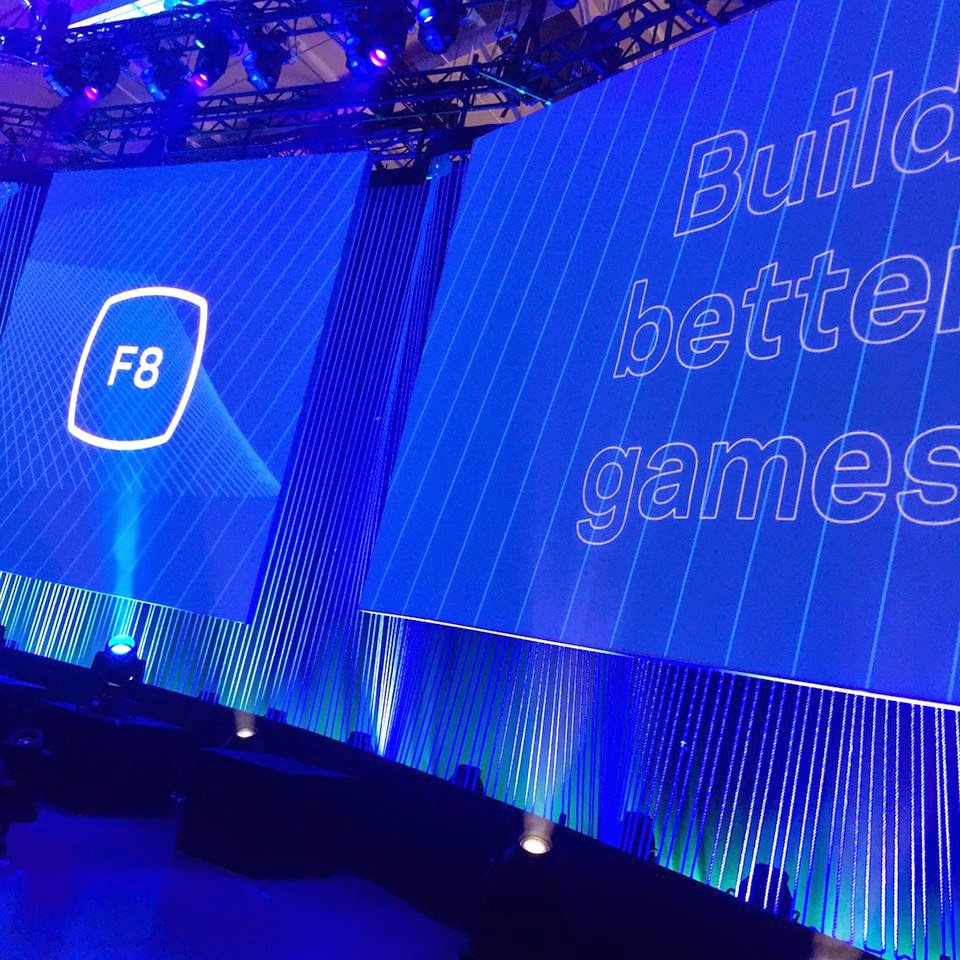Facebook Quietly Launches Ads API for ALL Developers
Some amazing things have been announced at Facebook’s annual developer conference, F8, going on yesterday and today in San Francisco. From new apps for Facebook Messenger, to a platform for Internet of Things, to one of the most amazing explanations of the value of virtual reality I’ve ever seen, Facebook has by far made up […]
Read more...Developers: Here’s How You Access #Hashtags in Your Apps
I showed earlier tonight a way you can access on Facebook.com the stream for any particular hashtag without having to have a link to get to it. I mentioned Facebook would likely release an API for this. Being the idiot that I am I neglected the fact that Facebook already has a search API, and […]
Read more...Ancestry.com Buys Top Facebook App We’re Related
In the early days of Facebook’s developer platform (2007, to be exact), as apps were going from 0 to 2 or more million users in just a matter of days, family history apps were among the first to rise to the top. The link between family connections and friend connections seemed like a natural fit […]
Read more...Facebook Just Downplayed The Biggest Launch They’ve Made Since Platform for the Web
I’m still trying to understand what just happened. The other day I wrote about finding some information about the upcoming HTML5 platform for mobile launch awhile back. There was a piece of their developer documentation that they had left open, which listed all the launch partners, and provided sample apps, which were publicly visible at […]
Read more...The Conflict of Honor, or Fame and Expertise – What Would You Do?
I came across some very public information tonight on Facebook’s site (not from any of my Facebook friends – anyone can find it), that to any other blogger would be fair game to share. It basically confirms many of the rumors of Techcrunch’s reporting of Spartan, and reveals more details that even Techcrunch doesn’t know. I […]
Read more...The Next "Facebook Platform" for the Modern Web, and Why Twitter’s Running the Wrong Way
I’ve talked previously about “the web with no login button”, a vision of the Building Block Web that follows the user where they go, knowing who they are and adapting as they move. With the advent of mobile, entire operating systems running on the browser, cloud-based personal information stores and APIs such as Kynetx to […]
Read more...Facebook Kills Connect, Makes App Creation Easier, Simpler
As I’ve been writing Facebook Application Development for Dummies (now available on Amazon for pre-order!), there has been one thing I have been noticing: Despite all the new focus on Facebook’s Graph API, Facebook has still had a lot of conflicting focus on their old, more complicated, Connect APIs, making it a fun thing to […]
Read more...Facebook to Launch SideWiki-like Recommendation System for Websites
On Saturday I broke news of a few specific XFBML tags Facebook will be releasing as part of its OpenGraph API, as revealed by their open source Javascript Client libraries. I held back one announcement that I think is almost just as interesting as their Insights for websites, or the SocialBar, which will provide Meebo-like […]
Read more...Facebook to Developers: "You Decide"
By the time I hit publish on this 5 other bigger blogs will have probably already covered this, but this deserves some praise. One reason I love the Facebook Platform is because they really seem to care about API developers. They do things the “right” way. For instance, they have a beta site where they […]
Read more...Want to Learn How to Write Facebook Apps? Now’s Your Chance
On Thursday morning I’m doing a free webcast for Safari Books Online (moderated by OReilly’s Laurel Ackerman) in which I’m going to go into further detail than I have before on how to get started building Facebook apps. I’ll take you from start to finish, focusing this time on more hands-on coding, and less introduction […]
Read more...